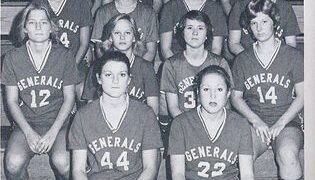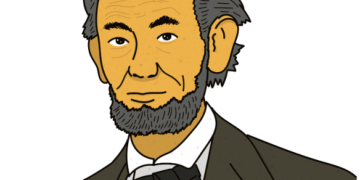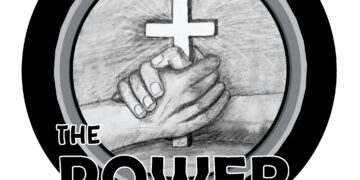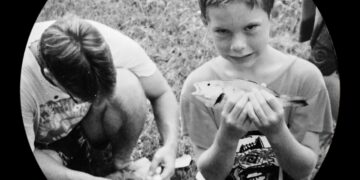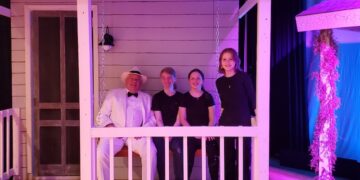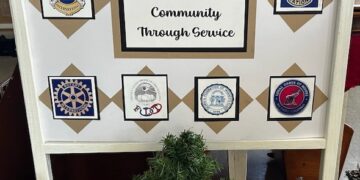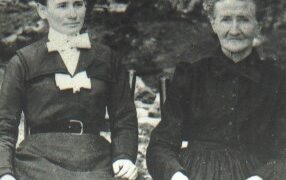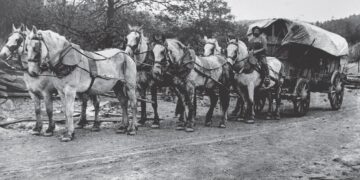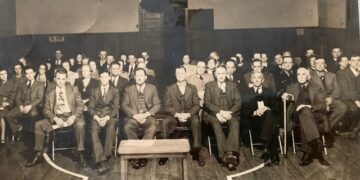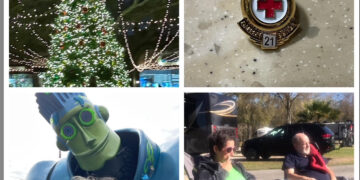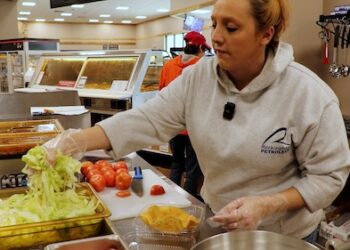Do you know Dovesville? That was the name for Bergton from 1850 until 1923 when the name was West Gap for a year before changing to Bergton.
Henry Dove came from Loudoun County between 1772 and 1773. A survey for 52 acres in 1773 specified that his new survey was “on some small branches in West’s Gap above the land where he lives.” On Aug. 19, 1777, Dove bought 176 acres “on Stair Lick on Benjamin Allen’s River” from Michael and Barbara Hoover. Hoover had bought the land in 1774 from its original owner, Thomas West, who had gotten it in June 1749. You can tell from the land description that the tract was where Germany River and Crab Run meet to form the North Fork of the Shenandoah. In other words, Dove owned downtown Bergton.
Henry Dove was wealthy, establishing a store, mill, and tavern. In 1787, he owned 21 cattle and 7 horses. He witnessed deeds, appraised estates, and provided security for guardian and executor bonds. In 1780, he and two others were security for Thomas Begg’s estate of 40,000 pounds..
Henry supported the American side during the Revolutionary War. In 1779 one of his horses was used for 37 days to transport provisions to Tygart Valley. Later he was reimbursed for providing meals (and a cow) to soldiers, and hay and corn for horses.
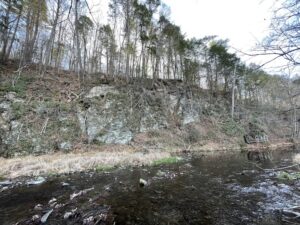
His home was a preaching place for Lutheran minister Rev. Paul Henkel who recorded visits in his diary. In 1807, Henry had died, but his widow and son Fredrick were still living at the homeplace. It had been nine years since Henkel had seen the Doves. Later, Henry’s son Jacob gave land for the first Lutheran church to be built where the cemetery of Martin Luther Lutheran church is now located.
Henry Dove’s will from 1801 was burned during the Civil War. However, a copy was recorded in Augusta County court case “Henry Harter vs George Dove.” The will named three children whose names had been forgotten by later generations of Bergton Doves. His children were George, Fredrick, Catherine Dove Harter, Rachel Dove Harter, Henry Dove [Jr], Charlotte Dove Scott, Jacob Dove, Madeline Dove Baker, and Elizabeth Dove. Henry’s wife Margaret died on or before October 1, 1823.
Of Henry’s nine children, only George, Fredrick, and Jacob Dove remained in Rockingham County. Lewis Yankey’s Dove Family of Rockingham County, Virginia has much information on descendants of the three sons. The oldest, George, spoke and wrote in English, while his brothers Jacob and Fredrick primarily spoke German.
George Dove was a community leader. As Justice of the Peace, he often wrote or witnessed deeds and wills and posted bonds for his neighbors to serve as executors or guardians. As road overseer, he maintained roads and recommended where new roads should go. In 1818, he became captain of the militia. George was a slaveholder, having six or more enslaved people. As High Sheriff from 1822-1824, George’s primary duty was to collect taxes. Because of the financial risk involved, he had to have his neighbors post bonds to be paid if there were irregularities in tax collection. Unfortunately, in his second term there was an irregularity. George had used seven of his enslaved persons as his share of the bond, and they had to be sold. The enslaved were taken to Richmond (probably walking) where the family of Rina, two of her daughters and two sons were sold separately, never to see each other again.
Henry’s son Fredrick Dove, known as Fritz, always spoke in the German tongue. Fredrick lived in the Dove homeplace and took care of his mother. We remember him today because of “Fritz Rock” along German River Road, It’s “a high steep slate bank along the river at the foot of the mountain out from the old Henry Dove home… Fritz had a man dragging saw logs out of the mountain on a block. The sled pulled by two horses and taken to the edge of the cliff and rolled down to the river where they were sawed into boards. On one occasion, Fritz told his driver that he was not pulling the logs close enough to the ledge. Fritz ripped out an oath in German, grabbed the reins to show how it should be done, and drove too close to the edge. The log slid, pulling the sled over and dragging the horses down over the rocks and Fritz with them, killing one of the horses and breaking Fritz’s leg. Hence the name ‘Fritz Rock’ was given to the place.”
Henry and some of his children are said to be buried at the Lutheran church. To donate for a memorial stone for them, contact me at patritchie@verizon.net. More on the Doves will appear in future columns.

